In the heart of Baltimore City, amidst its diverse neighborhoods and bustling streets, lies several hidden struggles that often goes unnoticed. One of such challenges is hoarding in low-income residences. For those affected, the accumulation of possessions can become overwhelming, posing serious health and safety risks. In such situations, the intervention of compassionate professionals is crucial, and this is where Bio-One of Towson steps in.
Understanding the Challenge
Hoarding is a complex mental health issue characterized by the excessive acquisition of items and difficulty discarding them for various reasons (extreme psychological attachment, physical disability, among others), leading to cluttered living spaces. In low-income areas, hoarding can be exacerbated by limited resources and support systems. Residents may lack access to proper cleaning supplies, financial means to seek help, or awareness of available assistance.
Empathetic Approach
Bio-One of Towson recognizes that hoarding cleanup goes beyond just removing clutter; it requires sensitivity, understanding, and a non-judgmental approach. Their team understands the emotional attachment individuals may have to their belongings and strives to create a safe and supportive environment throughout the cleanup process.
Tailored Solutions
Every hoarding situation is unique, requiring personalized solutions. Bio-One of Towson conducts thorough assessments to determine the scope of the cleanup and develop a comprehensive plan tailored to the specific needs of each residence. Whether it's addressing biohazards, restoring structural integrity, or coordinating with other support services, their goal is to restore the living space to a safe and habitable condition.
Community Impact
The impact of hoarding extends beyond the individual affected; it affects entire communities. Cluttered residences can attract pests, pose fire hazards, and compromise the well-being of neighbors. By addressing hoarding in low-income areas, Bio-One of Towson not only improves the living conditions of individuals but also contributes to the overall health and safety of the community.
Restoring Dignity
One of the core values of Bio-One of Towson is restoring dignity to those affected by hoarding. They understand that individuals facing hoarding disorder may feel isolated and ashamed, and they approach each cleanup with respect and compassion. By restoring cleanliness and order to the residence, they aim to empower individuals to regain control of their lives and live with dignity.
Raising Awareness
In addition to their cleanup efforts, Bio-One of Towson is committed to raising awareness about hoarding as a mental health problem and the resources available for those in need. They collaborate with local organizations, mental health professionals, and community leaders to educate the public and reduce the stigma surrounding hoarding.
Conclusion
Bio-One of Towson's work in cleaning up hoarding in low-income residences in Baltimore City is more than just a service; it is a mission rooted in compassion, empathy, and community support. By providing tailored solutions, restoring dignity, and raising awareness, they are making a positive impact on the lives of individuals and the community as a whole. In a city where every resident deserves a safe and healthy living environment, Bio-One of Towson is a beacon of hope, shining light into the shadows of hoarding disorder.
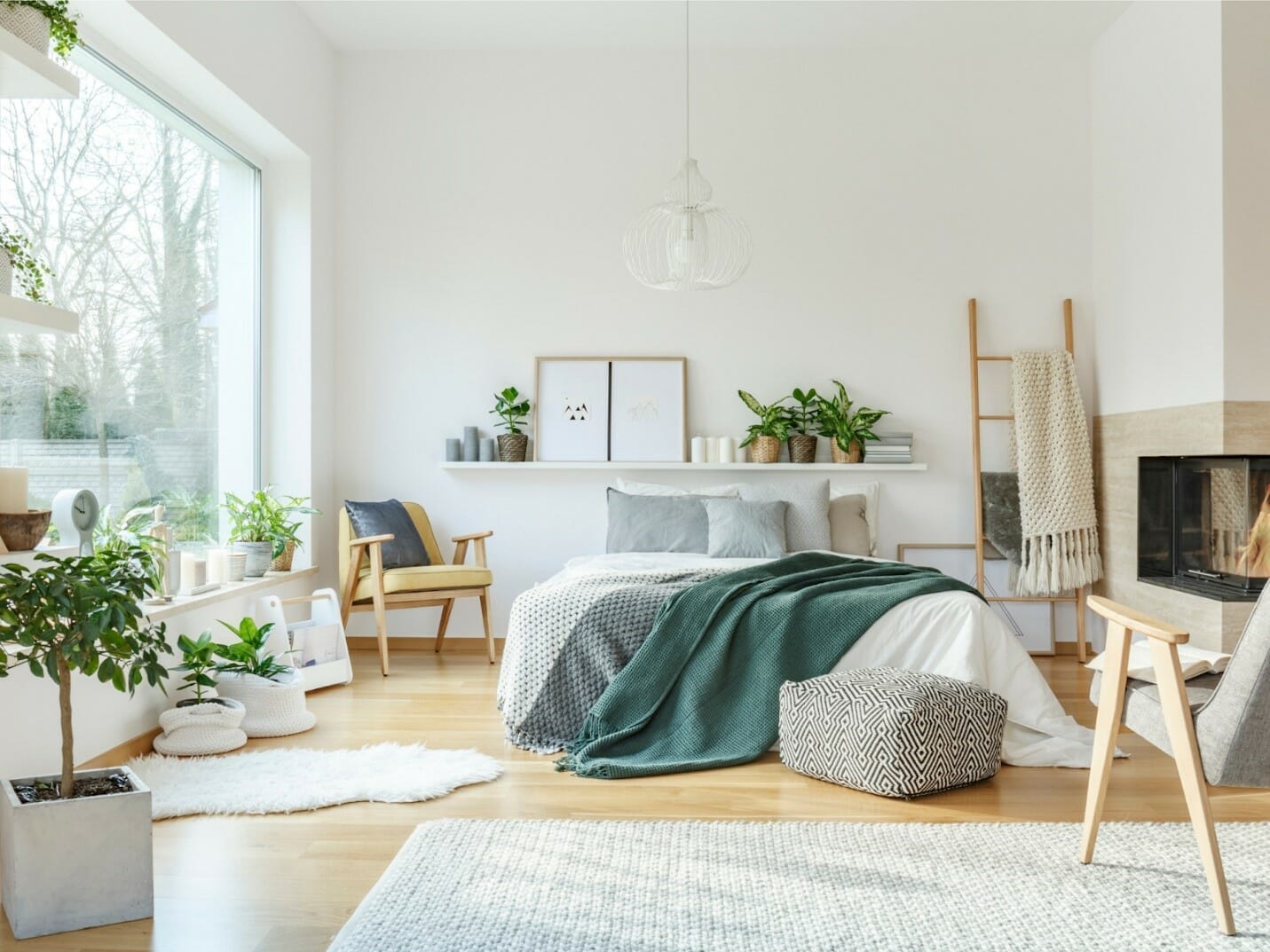
Is having a disorganized home such a big deal? Why not let people live how they want to live?
Having a clean, comfortable home affects people in different ways:

Keeping a clean, organized home is well worth all the physical, mental, emotional, and social benefits that come with it.

From sleep quality to infection control, cleanliness affects how well your body functions from day to day.
Here are a few ways keeping an orderly environment can help you physically:
Keeping a clean home reduces the risk of illness-causing pathogens being passed to residents of the home.
Food preparation areas should be sanitary, especially after handling raw meat.
Bathroom areas should be cleaned regularly, and animal waste should be taken care of to prevent disease.
People with cluttered homes are more likely to experience insomnia. It’s hard to know if it stems from increased stress levels, difficulty getting comfortable in a cluttered space, or from another cause, but cleaning up clutter should help you get a better
night’s sleep.
Allergies and asthma attacks can be triggered by dust, pet hair and dander, and mold. Keeping homes free of these triggers can improve allergy and asthma symptoms.

The state of your home can have profound effects on your mental state. A cluttered, disorganized space can stress and overwhelm us. Severely cluttered homes can also cause feelings of shame and anxiety. Here are a few ways keeping your home in order can help you function well mentally:
A clean, uncluttered space helps our minds stay on task without distraction. When we see more items in our line of sight, it can actually slow down our brain’s processing speed and make it more difficult to focus.
When we constantly look around us and see work that needs to be done, it’s difficult to feel calm. How can we relax when we’re surrounded by chaos? Maintaining a clean, organized space will create tranquility and peace-of-mind.
Setting your home in order can be empowering! When you are able to make your space look and feel the way you want it to be, you feel a sense of accomplishment.
When your home is constantly in good condition, you can depend on it as a place to relax and feel at peace. Regardless of what happens outside your home, you have a refuge where you can retreat from the world.
Creativity needs margin and blank space to grow. When your space is not distracting from your thought process, your brain can focus on new ideas.

Just as tasks requiring deep thought can be difficult when our homes are chaotic, our emotions can also be hard to settle when our environment is in upheaval. Here are some emotional benefits to improving the cleanliness of your home:
When you’re in a clean, comfortable environment, you feel better emotionally. Many studies show a relationship between messy homes and unhappiness.
Not only does being in a clean, restful environment contribute to being better able to focus and be mindful, the act of cleaning itself actually offers an opportunity to practice mindfulness. Being mindful of the task at hand can decrease feelings of anxiety and increase feelings of inspiration.
Emotional regulation is the ability to respond to your emotions mindfully. This skill can help you reframe negative emotions and cope with stress. When your home is less cluttered, you are better able to attend to your emotions and find peace.

Your home doesn’t only affect you—it also has an effect on the people around you. When your home is messy and disorganized, it can actually hinder your relationships. Here are some ways cleaning and organizing can benefit you socially:
Cleaning up can create a welcoming space for you to spend time with those you care about. When your home is messy and disorganized, it can be difficult, or even embarrassing, to host others.
You may feel embarrassed about the state of your home, or your friends may not be comfortable there due to cleanliness issues, a lack of seating due to spaces being taken up by clutter, and so on.
When your home is clean and uncluttered, there is space for family to come and stay. Even if you need to set up cots or sleeping bags to accommodate extra guests, they can still be comfortable with you. With a clean floor and stored belongings, this can become a reality.
In severe cases, disorganization and lack of cleanliness can lead to structural issues with your home. Appliances may fall into disrepair and become hazardous, or the home’s structure can even be compromised by the weight of your belongings.
When your things are in order, there is no danger of needing to relocate. However, when your things are in order, there is no danger of being forced to relocate. That stress is non-existent. At a certain point, a health inspector could become involved.

Everyone can improve the state of their homes—we all struggle to keep things clean and hang on to only the possessions we really need.
However, when we take the necessary steps to tidy up and declutter, we can see benefits in many different areas of our lives: physically, mentally, emotionally, and socially.
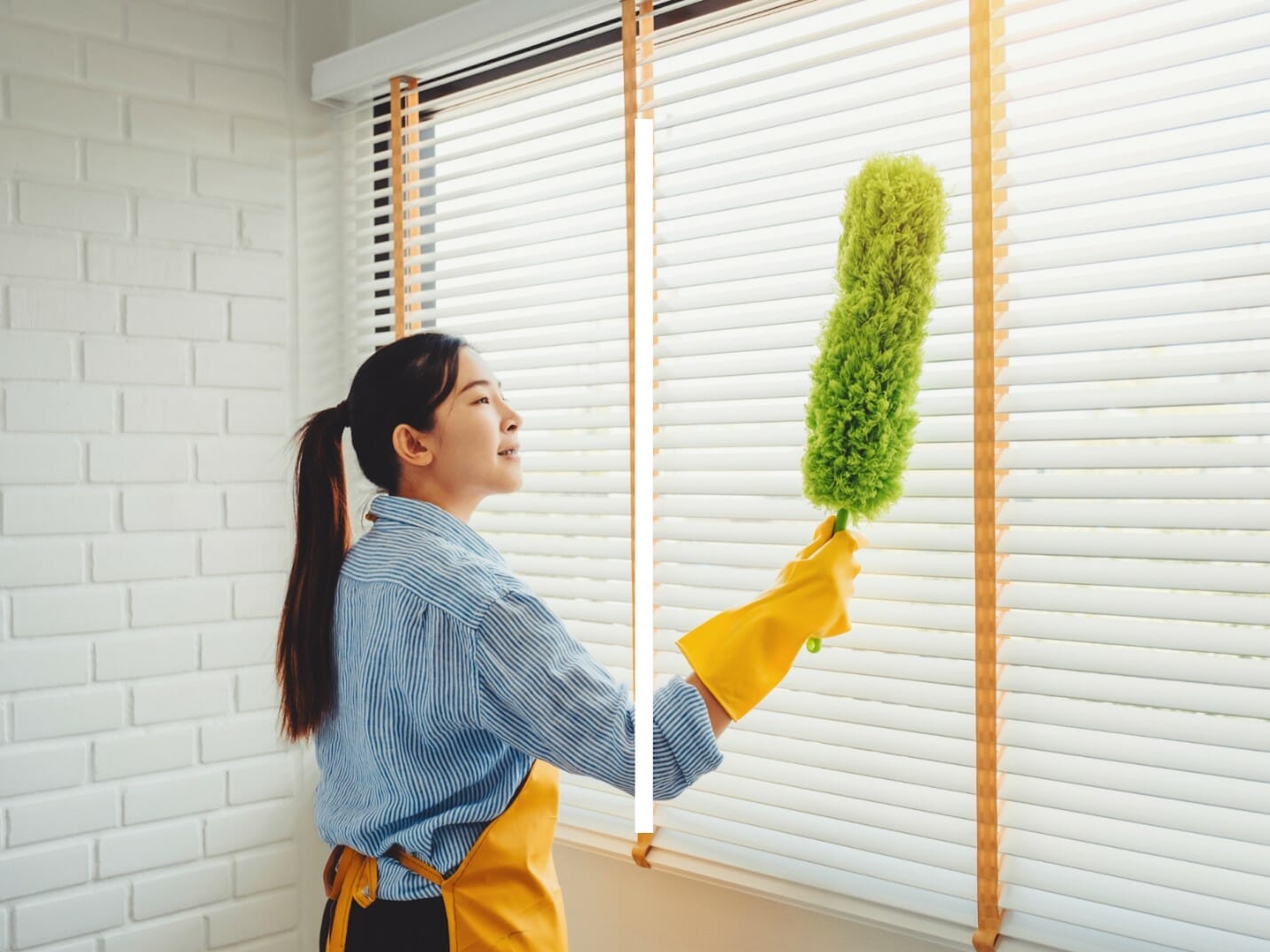
Whether or not you’ve actually done it, spring cleaning is backed up by centuries of tradition. Many cultures bring a spring cleaning period into their yearly rhythms. For all cultures, the kickoff for spring cleaning is marked by longer days and more sun.
As sunlight hours increase, our bodies produce less melatonin, helping us feel more awake after months of cozy winter slowness. We also have more daylight to accomplish tasks we’ve been putting off.
Even if spring cleaning isn’t part of your personal yearly traditions, you can start now.
With so many blogs, books, and shows promoting organization, resources with ideas are everywhere. Keep reading to learn about our favorite spring cleaning strategies.
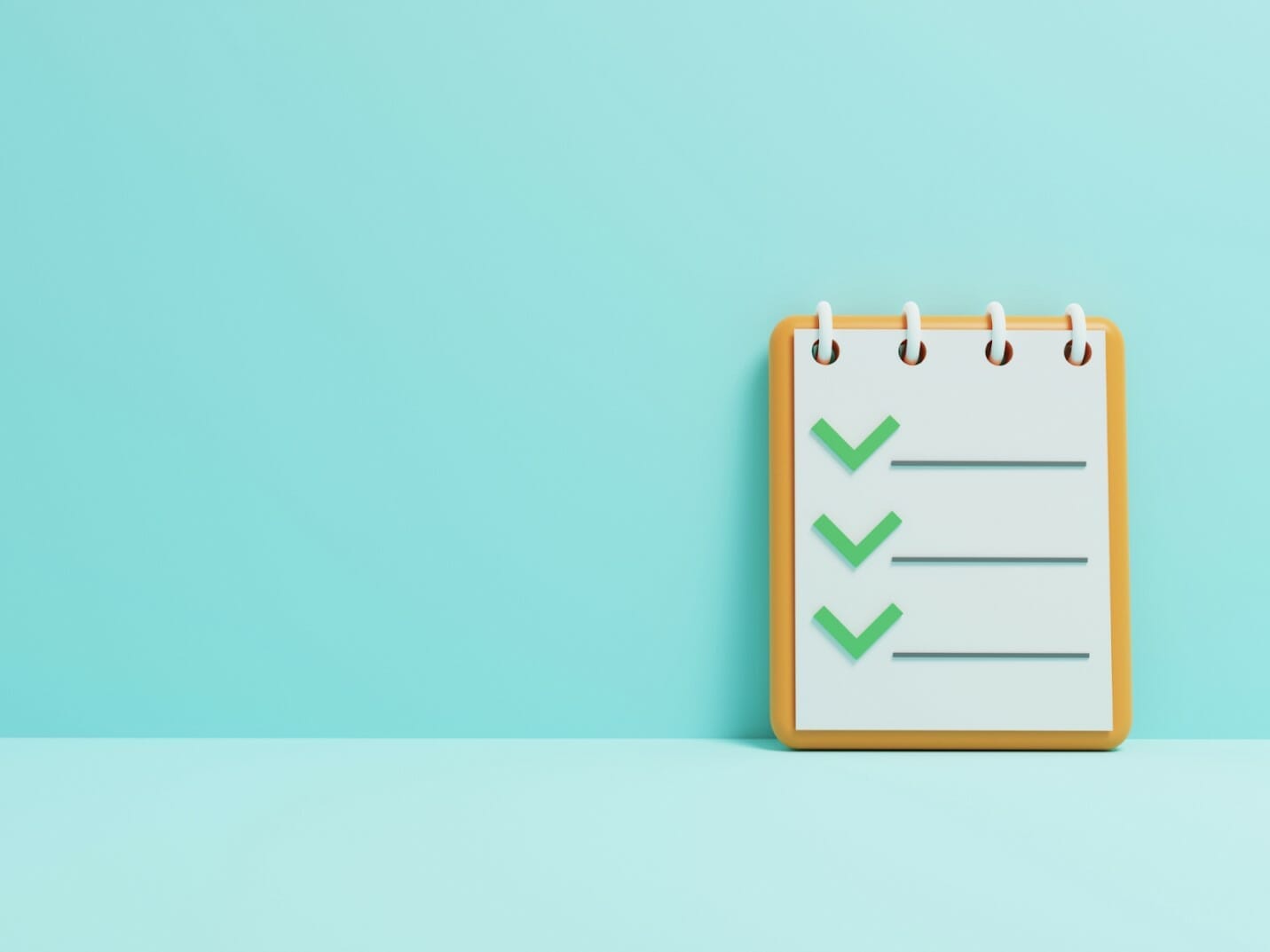
The most important step is knowing where to start. Take a walk around your house and decide what needs attention first.
If you’re a list-maker, you can write down your plan of attack. (Or you can just follow the messy vibes.) Knowing your focus makes it easier to jump in and get the work done.
You can also make a list of which days you want to accomplish certain tasks. Choosing just one room, drawer, or cupboard that you want to clean each day can make the entire process less overwhelming. The important thing is that you are moving forward!
It’s hard to clean when you don’t have what you need.

Make sure any cleaning tools or chemicals you need are in an easy-to-find place. It can be helpful to have a caddy or bucket that you can bring from room to room.
Make sure you have what you need, but don’t go overboard. It’s easy to turn a need for supplies into a shopping trip or a reason to procrastinate.
Don’t fall into that trap!
If you don’t have what you need to deep clean today, you don’t have to wait to get started. You can still put items away or, better yet, find items to get rid of.
Most of us don’t have the time or the desire to go on a cleaning rampage. We have limited time and many responsibilities. (But if you’re a person who works well by focusing and cleaning all day, more power to you!)
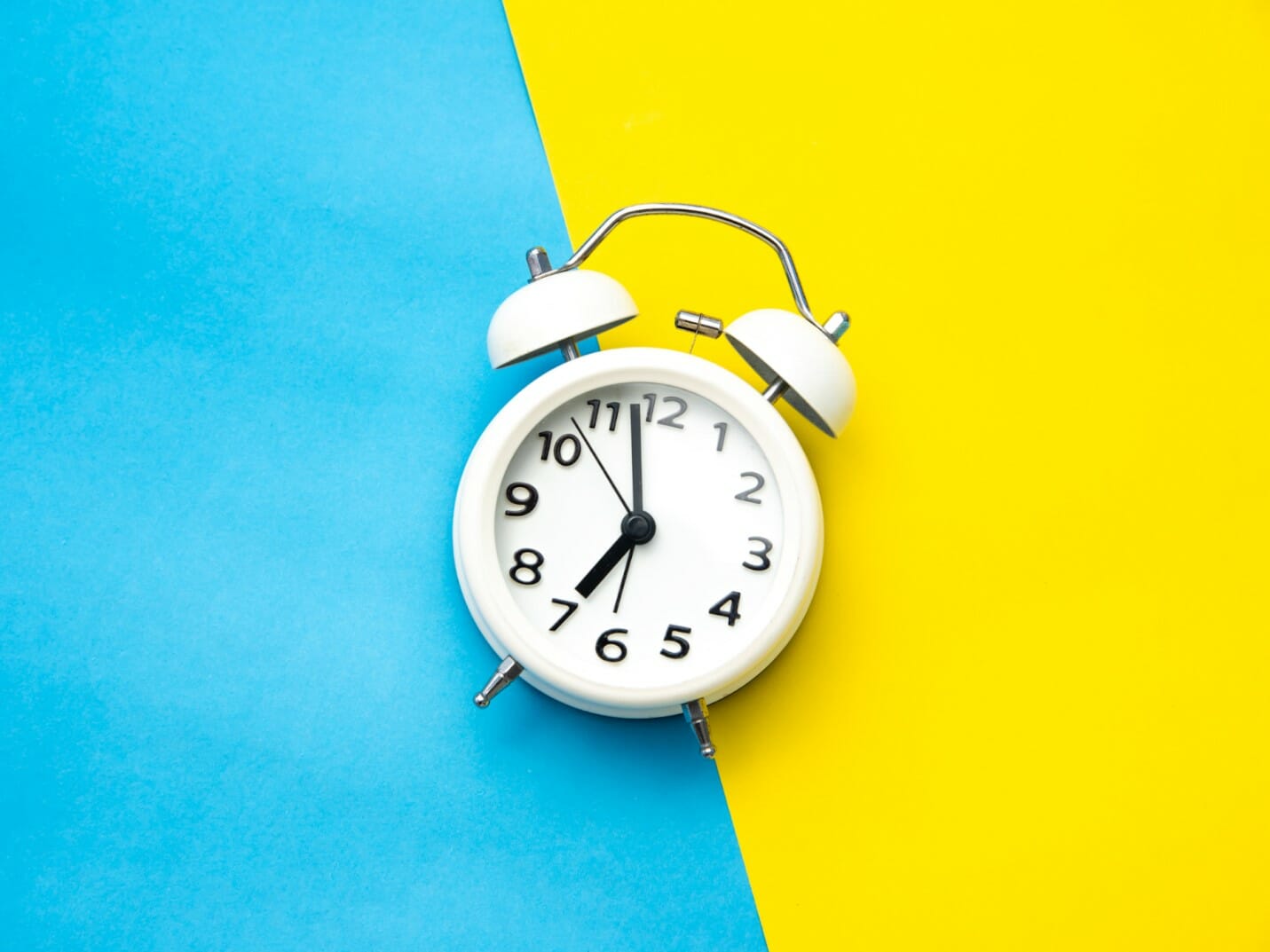
For the rest of us, setting a timer can be an effective way to get your spring cleaning done, a little bit at a time. Choose an area to clean and a set amount of time (we suggest starting with just 15-20 minutes). Get your timer going and then work hard until it goes off.
Go back to the same area each day with your same timer strategy until it’s clean. Only then is it time to move on to the next part of your home.
Bit by bit, the mess will disappear.
Having a clean home is its own reward, but building some kind of treat into the process always helps. Here are some ways to treat yourself:

Just be cautious about buying yourself something as a cleaning reward.
Often, having too much stuff is the reason our homes get out of hand in the first place. Try to find some other way to pat yourself on the back.
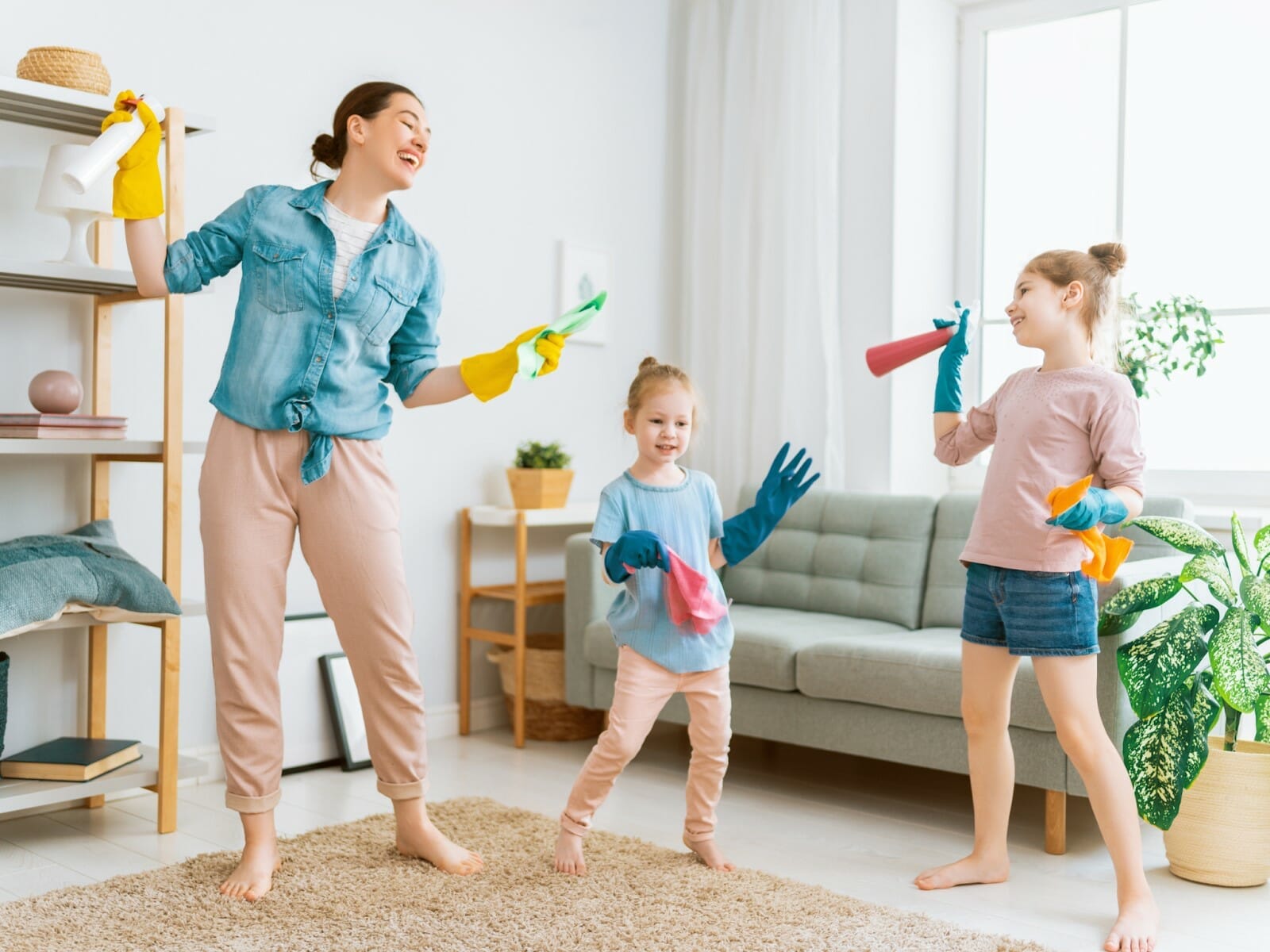
Scientific research shows that making our dreaded tasks into games can help us be more productive and motivated. There are many apps available that reward users for their accomplishments by letting them progress in a game or giving them a virtual gold star.
You don’t need an app to gamify your spring cleaning, however. There are dozens of analog ways to make cleaning into a fun challenge. Here are a few of our favorites.
Brackets are everywhere in the spring, and you can use them to motivate yourself even after the March Madness finals. Download a bracket and fill it out. There are a number of ways you could apply this to spring cleaning:
The ultimate challenge winner gets to decide where everyone goes out for dinner or a treat.
Sometimes, we have so much stuff it’s hard to know where to put it or keep our spaces clean. With the 4-Box Technique, you’ll take four boxes into a room and label them:
Go through the space and categorize all the items that don’t belong in that space (the ones that do belong can be put away immediately).
The trick here is to make sure you deal with your four boxes right away. Don’t let boxes pile up in your home.
Put the stuff you’re keeping in the right place:
For days when you’re overwhelmed or short on time, the 21-Item Toss is the perfect way to get a little bit of decluttering done in as little as 5 minutes.
Grab a garbage bag—or one of the plastic grocery bags so many of us stow under the sink. Walk through your home and find 21 things to throw away. You can gamify it by timing yourself.
Don’t think too hard—if you don’t use it or need it, out it goes!
If you feel like you can’t deal with your home situation on your own, Bio-One has your back. Our discreet team of compassionate, expert cleaners can help you with your home situation—no mess is too big.
Call us today for a consultation.
Gary Maxey in Savannah recently cleaned homeless veteran's tiny homes. This is part of a tiny house project in Savannah, Georgia where tiny homes are provided for homeless veterans either permenantly or as a transitional place. At Bio-One, we are honored to be a part of causes like this. We are here to help and love when we can help make a difference.
If you know of someone in need of our services, please take a look at our locations to find the nearest Bio-One office near you. Stay safe!
Megan and Amanda Boccardi, owners of Bio-One of STC and Bio-One of Central MO help clean and disinfect a local gym - a St. Peter's Fitness Center. As COVID-19 is hitting the United States everyday, Bio-One continues to take action. Help first is what we do and we'll be here during this time of need.
If you know of someone in need of our services, please take a look at our locations to find the nearest Bio-One office near you. Stay safe!
Huge thank you to Cheryl Chiasson for sharing your knowledge and giving a couple of owners an opportunity to experience a hoarding job while in Denver! We love when trainees go out on job scenes and have the opportunity to chat with local offices!
If you know of someone in need of our services, please take a look at our locations to find the nearest Bio-One office near you. Stay safe!
Time for spring cleaning! Don't let this scare you, this is a time to purge and freshen up your space!
Here are 20 things to throw away right now:
1. Shoes you don't wear
2. Old makeup or bathroom products
3. Expired coupons
4. Cords that you can't identify
5. Tupperware lids that have no match
6. Old toothbrushes
7. Socks with no match
8. Dried out markers and pens
9. Unused mugs
10. Unused instruction manuals
11. Shopping bags you've convinced yourself you'll wrap a present in
12. Foods spoiling or collecting freezer burn
13. Old receipts
14. Paperwork you don't need anymore
15. Excess holiday decor
16. Wire hangers
17. Appliances you don't ever use
18. Travel toiletries stolen from hotels
19. Broken things you won't be fixing
20. Old magazines
If you know of someone in need of our services, please take a look at our locations to find the nearest Bio-One office near you. Check out our services.